How Rare Is An F1 Race Ban?
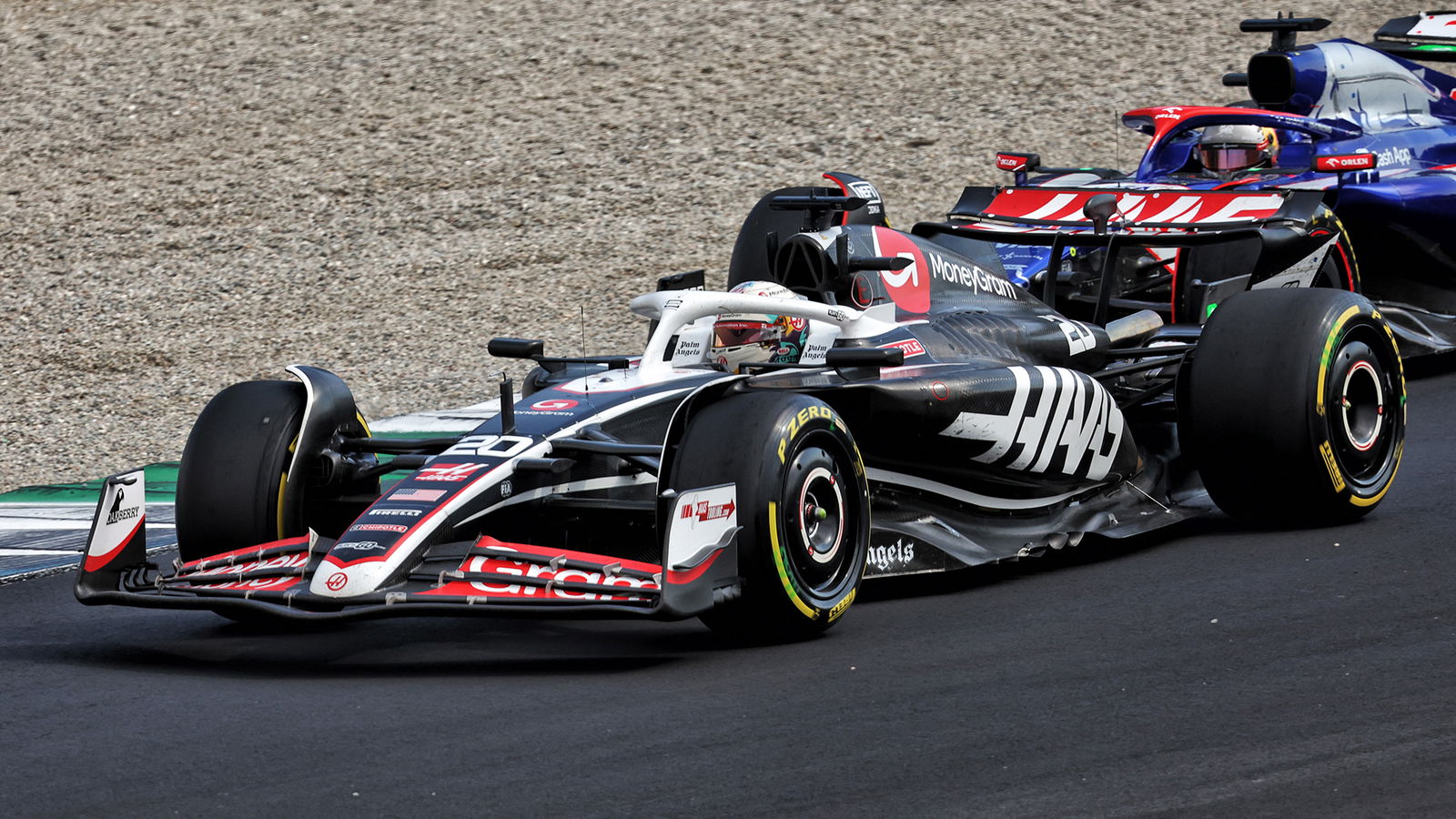
Yesterday’s Italian Grand Prix had some pretty big talking points. There’s of course Ferrari taking its first home race win since 2019 thanks to a strategy masterclass, or Oscar Piastri rightfully (and less rightfully, McLaren) showing absolutely no sign of caring for Lando Norris’ bid to challenge for a World Driver’s championship.
Lower down the pack though, a collision with Pierre Gasly landed Kevin Magnussen a 10-second in-race penalty and two penalty points on his super licence. The latter takes him to 12 for the last 12-month period, triggering the unwanted prize of an automatic one-race ban. That’ll come into effect for the Azerbaijan GP on 15 September.
It makes him the first driver since the points system was introduced in 2014 to receive an automatic ban, and lands him in very rare company.
When was the last F1 race ban?
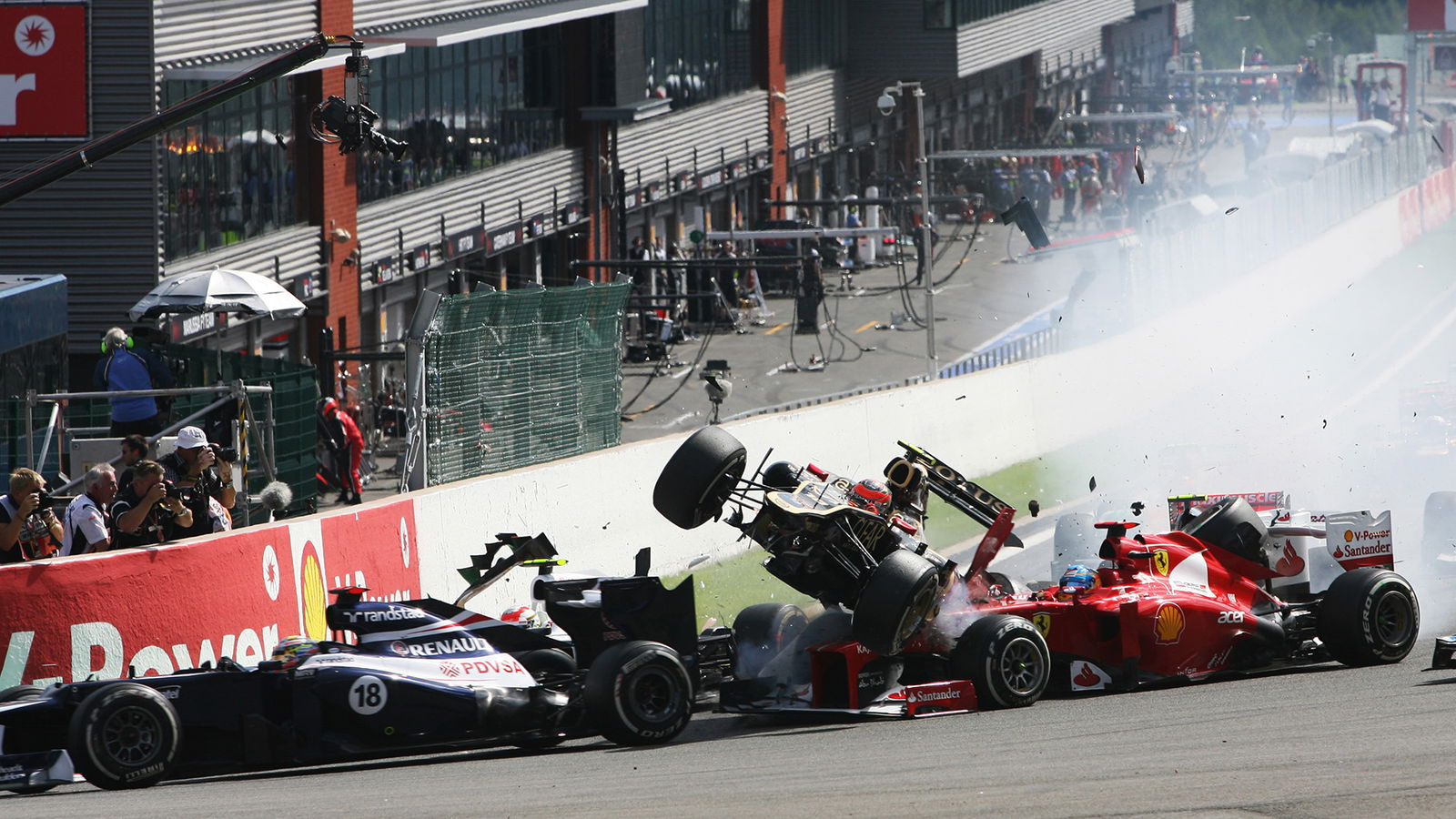
It’s been 12 years since any driver has been banned from participating at a Grand Prix, an accolade which goes to Magnussen’s former teammate Romain Grosjean.
At the start of the 2012 Belgian GP, the Frenchman aggressively moved his Lotus-Renault across the McLaren of Lewis Hamilton heading into turn one, resulting in Hamilton’s car backpacking Grosjean’s with the two spearing into an unsuspecting Fernando Alonso. All three drivers had their races ended, along with an unfortunately-placed Sergio Pérez.
That incident was the boiling point in a season where the then-inexperienced Grosjean had been involved in numerous collisions, with the FIA ultimately deciding to ban him from the 2012 Italian Grand Prix.
Were any drivers banned before that?
Magnussen and Grosjean are not the only drivers who have received race bans, but they don’t happen very often.
Prior to Grosjean’s ban, Jacques Villeneuve was the last driver to be banned from a race – although he would end up taking to the grid anyway. At the 1997 Japanese Grand Prix, the Canadian had failed to slow for yellow flags in Saturday practice which triggered a suspended race ban awarded for doing the same thing on three previous occasions.
Williams appealed the decision at the 11th hour, and with no time for the FIA to put a hearing together, he could take to the grid. He ended up finishing in fifth, though Williams would later drop the appeal leading to Villeneuve being disqualified anyway.
1994’s British GP saw both Michael Schumacher and Mika Hakinen receive bans. The former received a two-race suspension for ignoring black flags, although didn’t serve them until the later Italian and Portuguese GPs. Hakkinen’s ban was for causing a collision with Barichello on the last lap, although it was a suspended penalty. It would be triggered just one race later, after the McLaren driver caused a collision that took out multiple cars at the first corner.
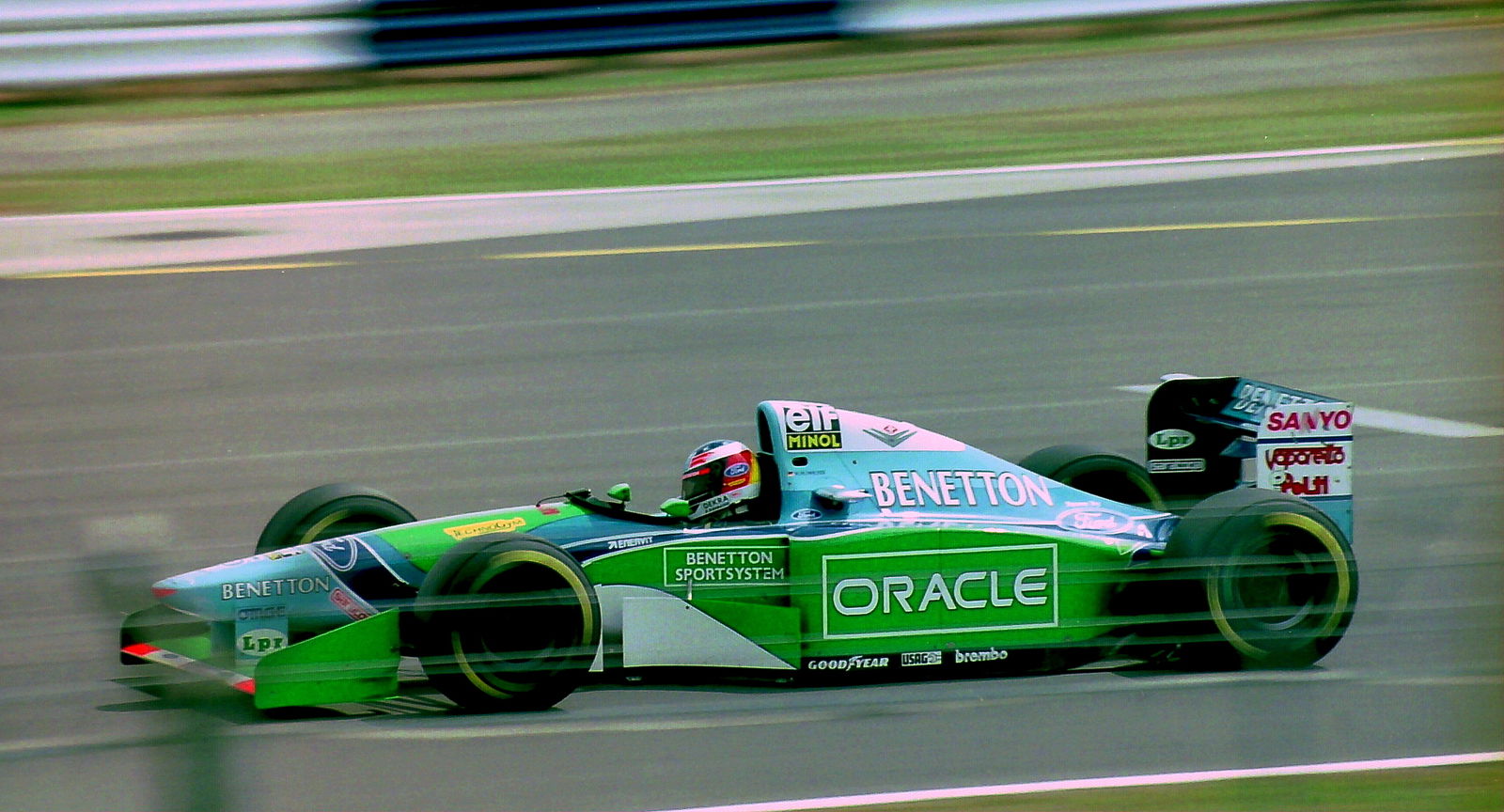
Eddie Irvine was another to receive a race ban in 1994, after being ruled to have caused a four-car collision at the Brazilian Grand Prix. His team, Jordan, appealed the decision but it was rejected, leading to the ban being extended to three races. Egg on face, or something like that.
There had only been two race bans prior to 1994, with Nigel Mansell banned following the 1989 Portuguese GP for ignoring black flags and also colliding with Ayrton Senna.
The other ban went to Ricardo Patrese in 1978, after several drivers had threatened to withdraw from the United States Grand Prix should Patrese have been allowed to compete following a tragic incident at the Italian GP.
A risky move from Patrese on James Hunt caused the latter to veer into the Lotus of Ronnie Peterson, resulting in Peterson’s car spearing into the barriers, engulfing in flame and trapping him. Peterson ended up with 27 fractures and was expected to recover but sadly, complications with surgery resulted in his death the following day.

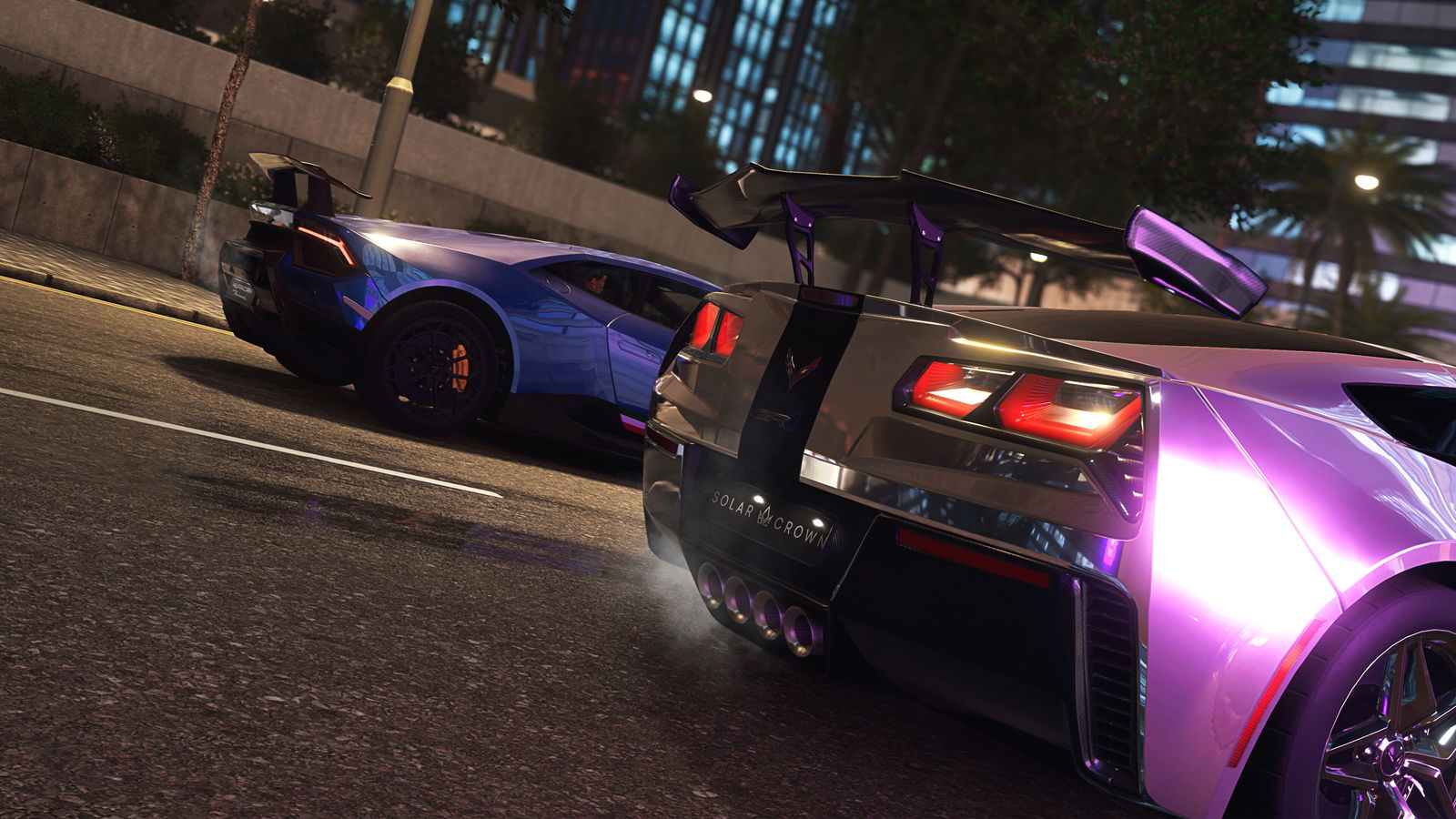
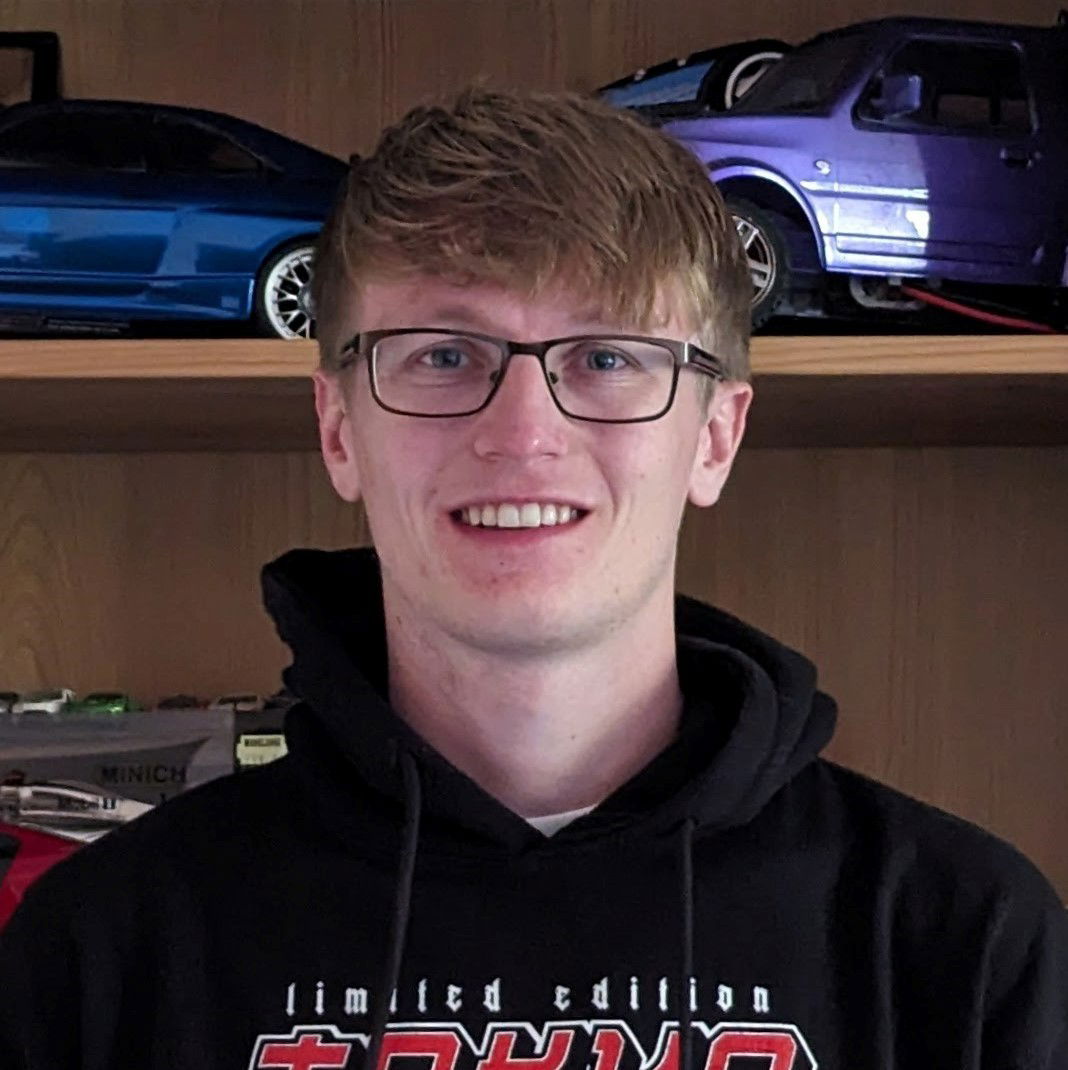
Comments